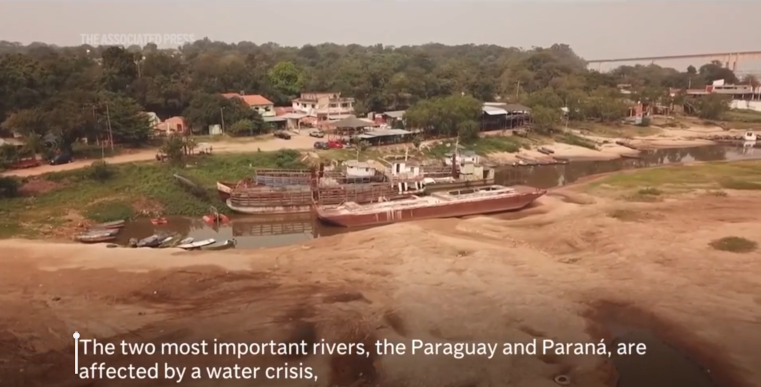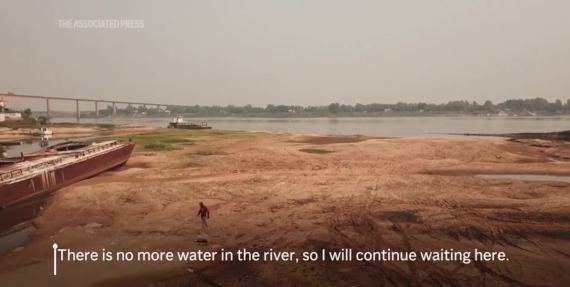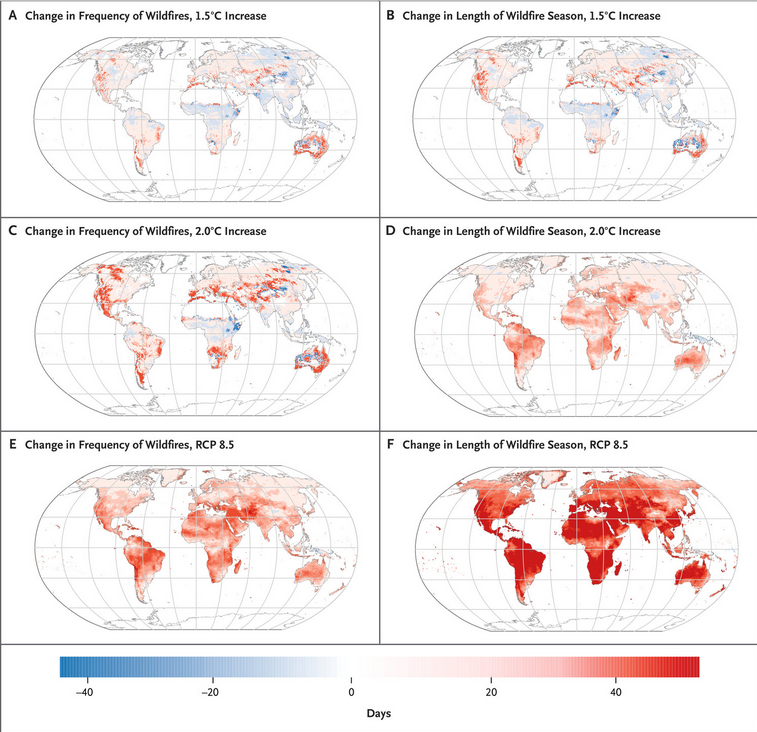September 17, 2024
Drought and trade affected in South America
In similar scenes to Europe a couple years ago and the Panama Canal last year, Brazil is facing a massive drought that has slowed inland marine shipping.
The Paraguay River is 3,400KM long and a major barge transport route running through Argentina, Brazil, Uruguay, Paraguay, and Bolivia. It depends on rain from Brazil to flow.


Many of us have never heard of these major shipping routes before because they are just assumed to operate, much like a rail line or highway. With climate change and other results of hu that is going to change. These waterways are major trading routes where alternatives are not easily found.
as with other rivers from Colorado to France to Brazil’s Amazon — reflects how population growth, climate change and deforestation have increasingly conspired with weak governance and inefficient irrigation practices to transform landscapes, upending delicate ecosystems and sending scores of communities scrambling for fresh water. (AP)
Rail along some of this route exists but cannot deal with the massive tonnage of cargo, ore, and fuel that are moved along the waterways.
In Europe, West Africa, and Central Africa, instead of drought they are facing floods.
40% Maiduguri, state capital of Borno, Nigeria was submerge.
In Niger, over 137,000 people have lost their homes due to flooding since August with whole families being lost to the waters.
Floods bring all sorts of havoc to areas not prepared for them. Even schools and emergency shelters have been washed away.
Poland, Austria, the Czech Republic, Romania, and Hungary are expected to see record rains and flooding caused by climate change.
And, wildfires around the world have become such a problem that a global consortium has been established to map wildfires from space to follow the air quality impacts.

Unfortunately, it relies on a private constellation of 50 satellite owned by Google's philanthropic arm.
We need state-level tools like this to make sure that the data is open and available to the public for free.
Across all the programs that we need including monitoring, investment, twinning of trade paths, we are woefully under investing. Never mind actually trying to avoid the need of the use of those programs.